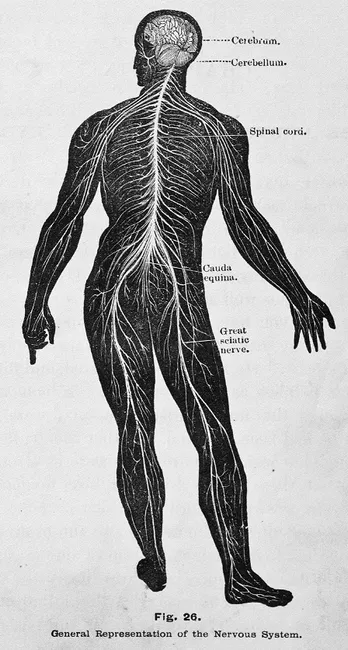Why the Nervous System is so Important

In the beginning is the nervous system, coordinating all development and function of the growing body. And as the body becomes more complex in development, this control and regulation becomes more complex also. The nervous system is the most complex system in the body and the most crucial. Without it, we can not survive. It is through the nervous system that we experience life...from allowing us to sense and feel, to controlling our movements, to how we think and learn, to regulating our automatic functions like our heartbeat and digestion.
A nerve cell can transmit 1000 nerve impulses each second. Each nerve impulse travels at 300 miles per second. What would happen if there was some sort of interference preventing those nerve impulses from getting where they need to go?
A 20-year study** conducted by Dr. C. H. Suh of the University of Colorado showed that minor pressure on a nerve as it exited the spine would reduce the communication potential of that nerve by up to 60% . That means that the target tissue, gland, muscle or organ is only getting half or less of the information it needs to function properly. It's easy to see how symptoms and ill-health can develop.
Realizing that the nervous system develops first, then regulates, controls, and coordinates all other growth and development helps us to understand its connection to all life processes. And helps us to realize the necessity for it to work without interference.
To learn how your nervous system is working, please schedule a consultation at 434-817-7788.
*Goddlett, CR, and Horn, KH. Mechanisms of alcohol-induced damage to the developing nervous system.
Alcohol Research & Health
25(3): 175-184, 2001.
**Sharpless SK: "Susceptibility of spinal roots to compression block." The Research Status fo Spinal Manipulative Therapy. NINCDS monograph 15, DHEW publication (NIH) 76-998:155, 1975
